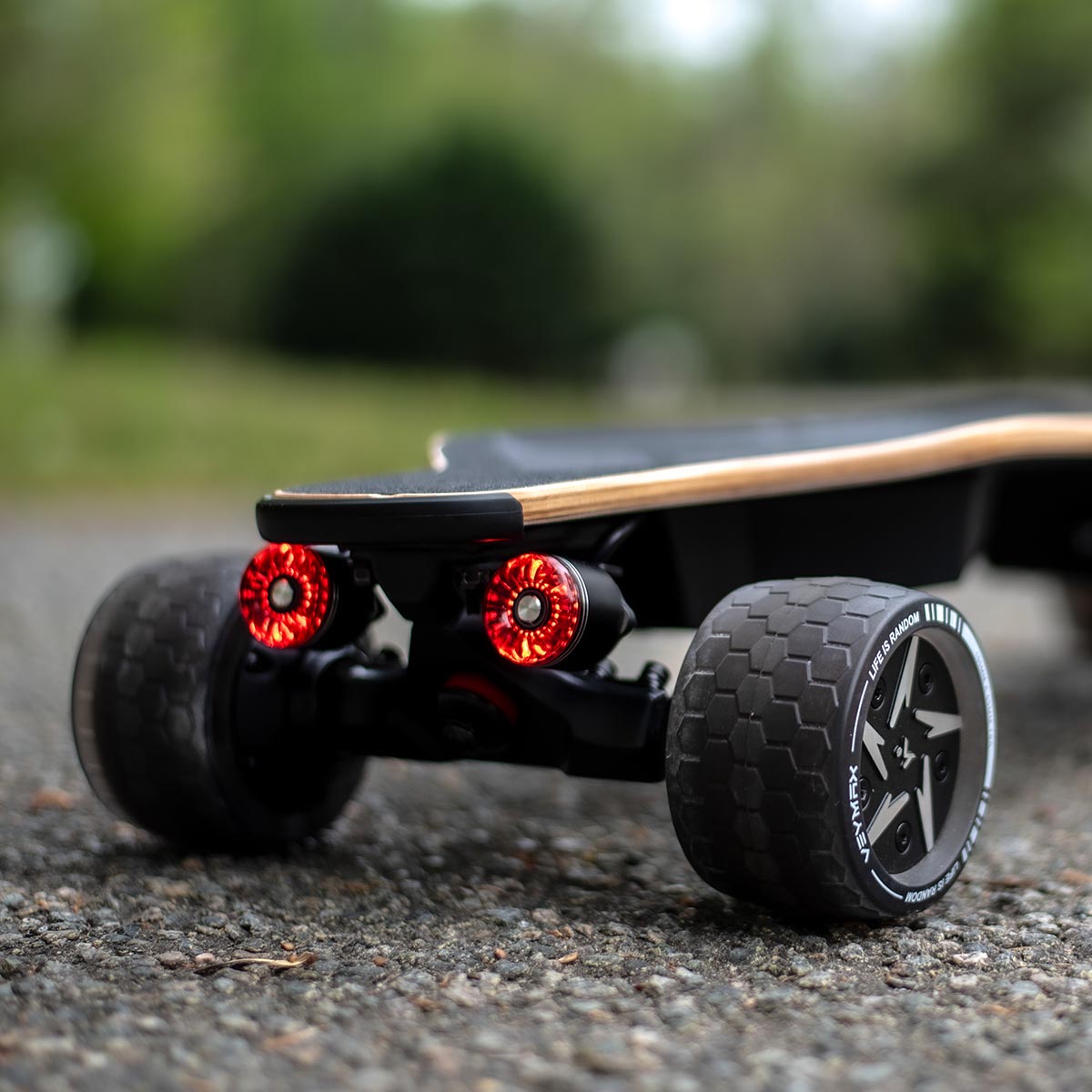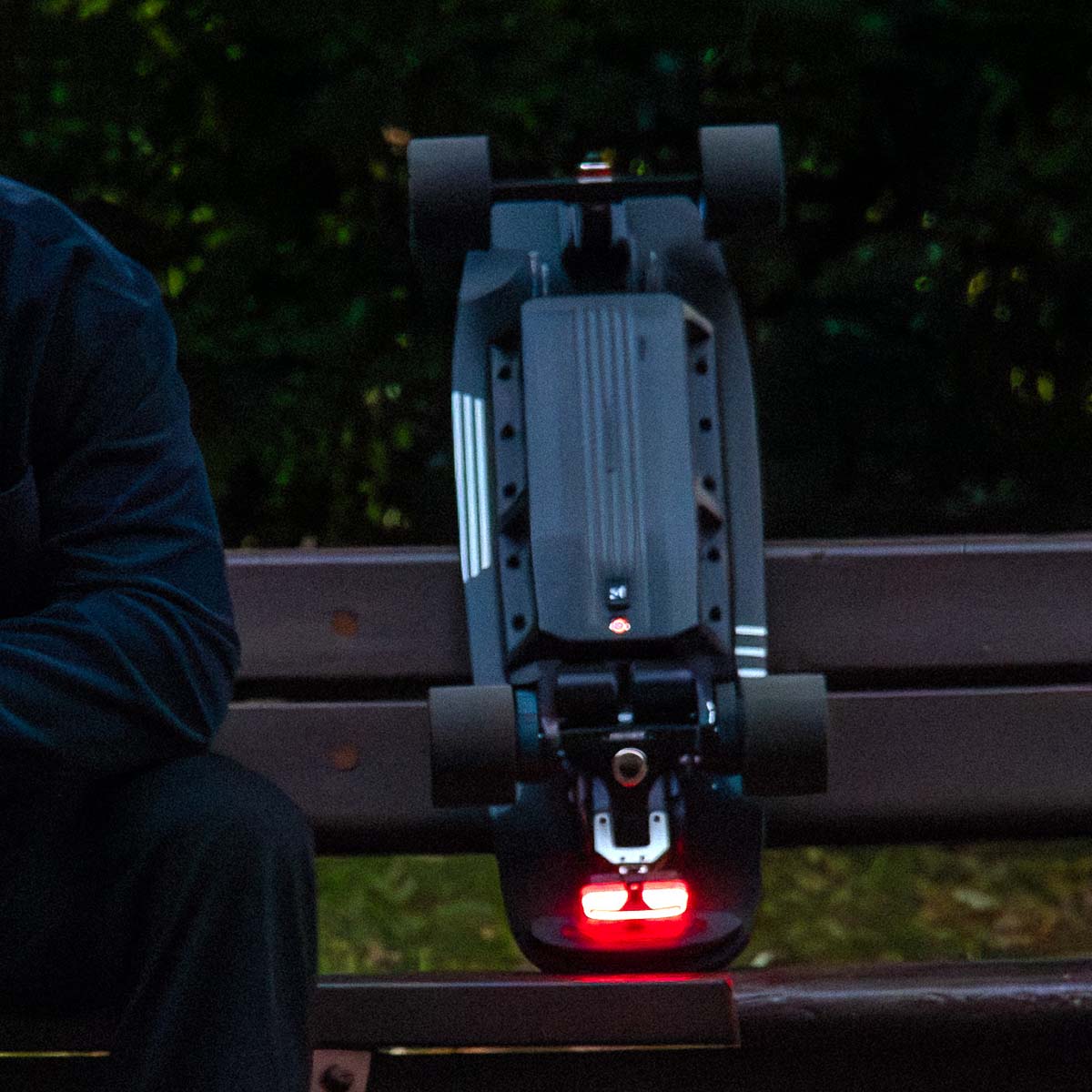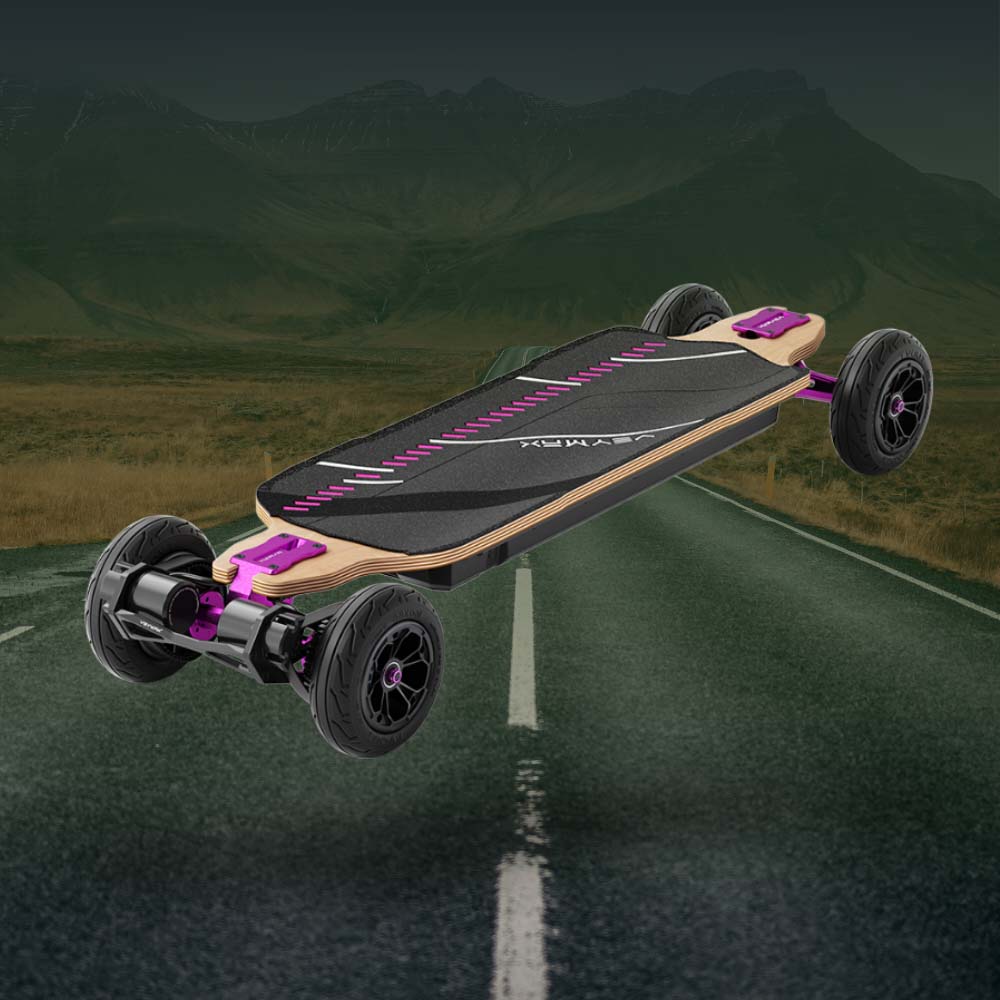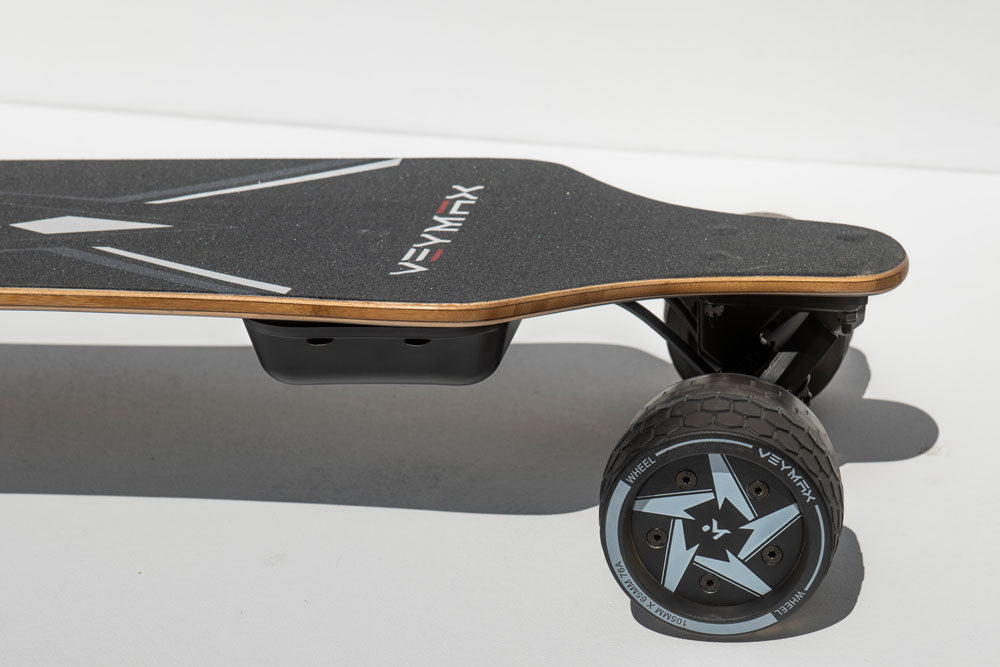With the introduction of new battery technology, the range and charging time of electric vehicles will be greatly improved. Lithium-ion batteries could become obsolete within a few years as alternatives such as lithium sulfur, lithium air and lithium metal come into production. Meanwhile, quantum battery charging promises to cut charging times from hours to seconds.
Lithium-ion batteries are a standard configuration in the manufacture of an Electric Skateboard, but the average mileage of a fully charged lithium-ion skateboard is generally between 20-30 miles. The superior energy density of lithium-sulfur batteries is seen as an alternative that is said to improve range five-fold, to about 100 miles.
Scientists at the University of Michigan have created a stable lithium-sulfur battery using Kevlar, a material used in body armor, to increase its charge and discharge capacity, cycle life. The fibers in Kevlar prevent dendrites of lithium from growing between the electrodes and destroying the battery.
Research team leader Nicholas Kotov called the design "almost perfect" in terms of capacity and efficiency. The battery can withstand summer heat under the hood and extreme cold in winter, and should last 1,000 cycles, or 10 years, under real-world driving conditions.
Battery research positively impact on electric skateboard industry
Lithium-sulfur batteries are a good alternative to electric vehicles because they cost a fraction of the cost of metals such as cobalt used in lithium-ion battery electrodes, and in greater quantities. Li-S batteries could theoretically have 10 times the energy density of the best lithium-ion batteries, so they could travel farther, be safer, be greener, and cost less, battery researchers say.
In Japan, university researchers in collaboration with a telecommunications company have developed a lithium-air battery with two to five times the energy density (500 Wh/kg) of lithium-ion batteries. Lithium-air batteries use lithium and oxygen in the air to generate electric current and have the potential to be a more efficient, lighter and cheaper alternative to heavier lithium-ion batteries.
So far, the team has tested the battery at room temperature and is now looking for higher-performing materials to replace components that don't improve the battery's response or cycle life.
Berlin-based startup Theion says its lithium-sulfur batteries will use only sulfur, graphene and lithium, rather than the mix of more expensive metals like nickel, cobalt, manganese, copper and aluminum found in lithium-ion batteries. Mainstream EVs equipped with its batteries can travel about 900 miles on a single charge.
In addition to these breakthroughs in battery materials and energy density, there are new quantum technologies that could speed up vehicle charging times. Lithium metal, commonly known as solid-state batteries, is long-lasting and capable of fast charging. Especially when they're paired with quantum technology that connects all battery cells simultaneously.
South Korean researchers say their work on quantum batteries suggests cars could be charged at home for three minutes instead of overnight. At roadside fast charging stations, the charging time can be reduced from 30 minutes to 90 seconds. Once investments are made in quantum charging and batteries, not only will electric skateboards be a big boost, it could even revolutionize transportation and the way we use energy around the world.






Leave a comment
This site is protected by hCaptcha and the hCaptcha Privacy Policy and Terms of Service apply.